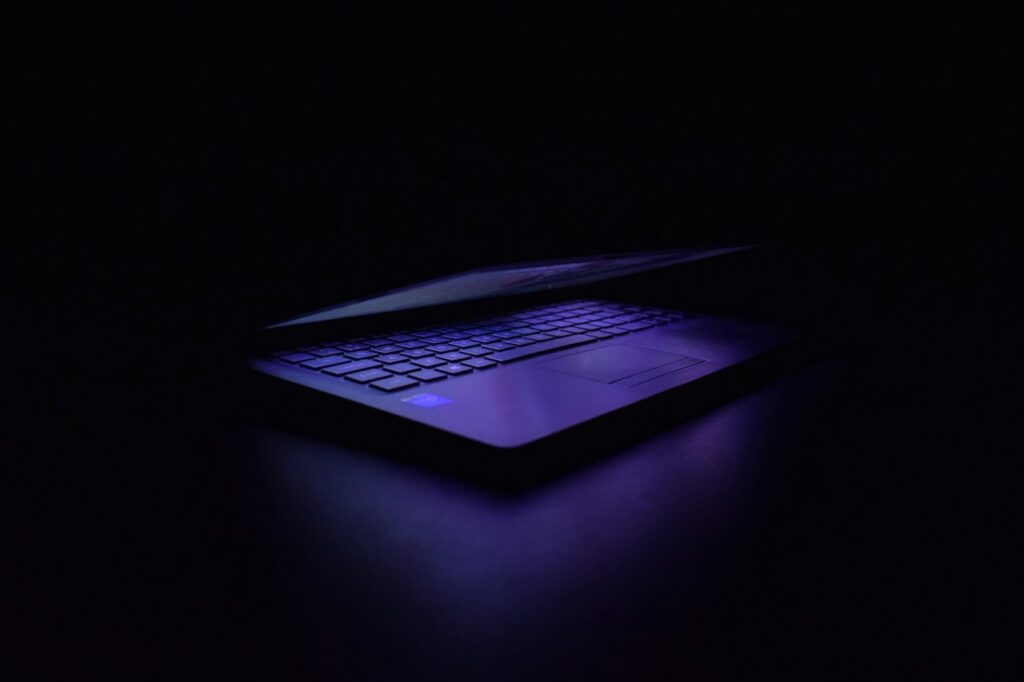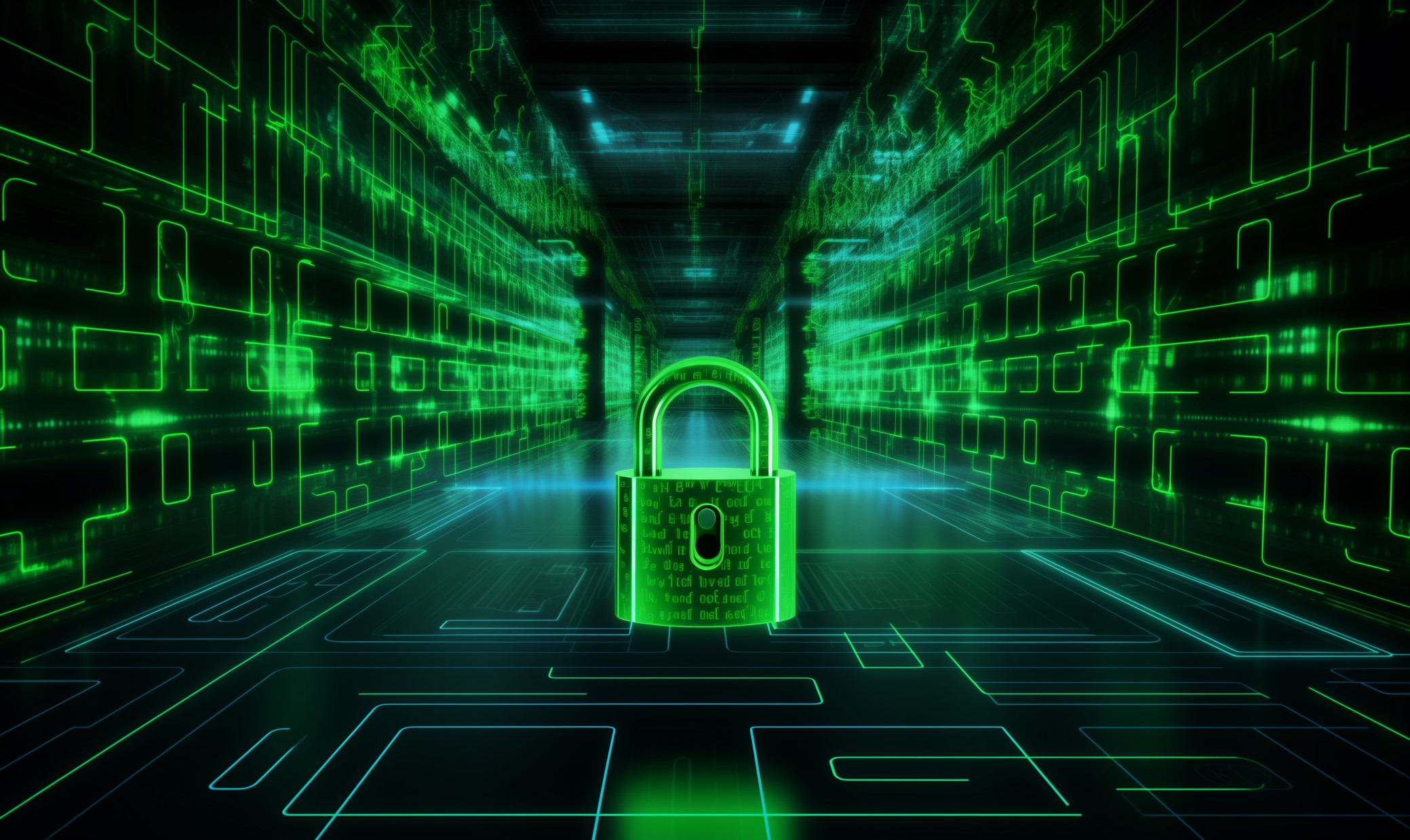You know things are getting pretty bad when government agencies like the IRS and the Department of Homeland Security have experienced data breaches — this is witnessed in the most recent FBI hack. Hackers were able to collect and make public the data records of nearly 10,000 Department of Homeland Security employees. Sadly, that’s not the end of it.
The same hackers recently published the personal contact information for 20,000 FBI employees. It comes hot on the heels of a threat they made recently, purporting to do this exact thing. Information released by the hackers includes employee names, job titles, phone numbers and email addresses.
The hackers responsible for the attacks are tweeting from behind an account with the handle @DotGov, which they used to post the threats and taunt agencies after the breaches.
“FBI and DHS info is dropped and that’s all we came to do, so now it’s time to go, bye folks! #FreePalestine.”
The hackers published another tweet offering a motive for their actions, albeit loose.
“When will the U.S. government realize we won’t stop until they cut relations with Israel?”
How to Protect Yourself
It’s one thing to feel growing concern after breaches at companies like Target, Sony, Ashley Madison and many more. However, these are government agencies we’re talking about here, responsible for not only protecting the sensitive information of their employees but also confidential information for the entire nation. It doesn’t bode well for the privacy and security of the average citizen.
Needless to say, it’s certainly possible to see your productivity and focus hindered by such concerns. Everything you do on the Internet, while using software applications or working with digital documents, can be tracked and compromised. Looking over your shoulder isn’t enough anymore, you have to be vigilant about personal security in order to keep your data from falling into the wrong hands.
There are many ways to protect yourself no matter what kind of device you’re using, desktop, mobile or otherwise. Use a VPN – or virtual private network – anytime you’re browsing the Internet. You must also maintain security and malware protection software, as well as a firewall, and keep all software applications and OS updates in check. Don’t provide personal information or credit card numbers on a site that is not encrypted and secure – look for https:// in the URL. Furthermore, use a secure email client for correspondence with all parties, like HushMail or Enigmail.
In the end, there’s no guarantee that you won’t become the target of a criminal. However, if you follow some of the aforementioned procedures, you’ll make it more difficult for unscrupulous individuals to do so.
What’s Being Done About the FBI Hack?
As for the high-profile FBI and Department of Homeland Security hacks, the Justice Department is currently investigating the attacks.
Justice Department spokesman Peter Carr assured CNN during an interview that Social Security numbers of employees were not accessed by the attackers. What he failed to mention is that the information published could still be used to harass and cause irreparable damage to affected parties.
“The department is looking into the unauthorized access of a system operated by one of its components containing employee contact information,” says Carr. “This unauthorized access is still under investigation, however, there is no indication at this time that there is any breach of sensitive personally identifiable information. The department takes this very seriously and is continuing to deploy protection and defensive measures to safeguard information. Any activity that is determined to be criminal in nature will be referred to law enforcement for investigation.”
There’s no word on how long the investigation will take, or if the criminals behind the attack will be identified and caught.
For everyone else, in order to keep your productivity and peace of mind in check, about the only thing you can do is observe as many security precautions as possible. The aftermath of an attack can cause as much downtime as a natural disaster.
Recent Stories
Follow Us On
Get the latest tech stories and news in seconds!
Sign up for our newsletter below to receive updates about technology trends














